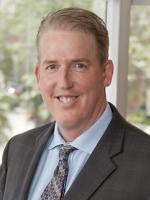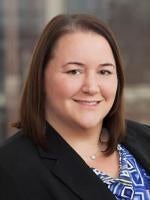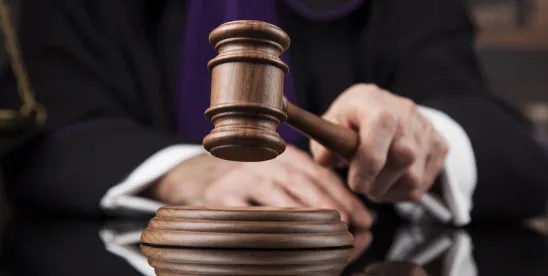In a sudden reversal and after more than five years of uncertainty, on May 23, 2019, the Supreme Court of Florida ruled that Daubert – not Frye – now governs the admissibility of expert testimony in Florida. See In re Amendments to the Florida Evidence Code, No. SC19-107, May 23, 2019.
Prior to 1993, the Frye standard for admitting expert testimony was the prevailing standard used to guide federal and state courts regarding the admissibility of scientific expert testimony at trial. Frye v. United States. The Frye standard required that the proponent of the evidence establish the general acceptance of the underlying scientific principle and the testing procedures. However, in 1993, following a revision to the Federal Evidence Code by Congress, the Supreme Court of the United States set forth a new standard in Daubert v. Merrell Dow Pharmaceuticals, Inc. that was meant to be more flexible and focused on scientific principles and methodology rather than on conclusions. Since 1993, federal courts and the majority of state courts have moved to adopt the Daubert standard, but Florida remained in a state of flux, moving between the Frye and Daubert standards.
In October 2018, the Florida Supreme Court’s narrow 4-3 opinion in DeLisle v. Crane proclaimed to have settled this long-standing debate by concluding the Frye standard governed in Florida state courts. DeLisle v. Crane Co., 258 So. 3d 1221, 1229 (Fla. 2018). A year prior to DeLisle, the Florida Supreme Court had declined to adopt the legislature’s 2013 revisions to the Florida Evidence Code codifying Daubert, citing constitutional concerns raised by the Florida Bar’s Code and Rules of Evidence Committee members and commenters who opposed the amendments.
However, the Florida Supreme Court agreed with Justice Polston’s prior rebuke of the purported “grave constitutional concerns” surrounding the adoption of the Daubert standard. In 2017, Justice Polston observed: “Has the entire federal court system for the last 23 years as well as 36 states denied parties’ rights to a jury trial and access to courts? Do only Florida and a few other states have a constitutionally sound standard for the admissibility of expert testimony? Of course not.” In re Amendments to Florida Evidence Code, 210 So. 3d 1231, 1239 (Fla. 2017).
The Supreme Court also explained that the Daubert amendments remedy deficiencies of the Frye standard: “Whereas the Frye standard only applied to expert testimony based on new or novel scientific techniques and general acceptance, Daubert provides that ‘the trial judge must ensure that any and all scientific testimony or evidence admitted is not only relevant, but reliable.’ Daubert, 509 U.S. at 589.” The Court also noted that the Daubert amendments would “create consistency between the state and federal courts with respect to the admissibility of expert testimony and will promote fairness and predictability in the legal system, as well as help lessen forum shopping.” In re Amendments to the Florida Evidence Code, No. SC19-107, May 23, 2019.
The amendments to sections 90.702 (Testimony by experts) and 90.704 (Basis of opinion testimony by experts) of the Florida Evidence Code became effective May 23, 2019.




 />i
/>i

